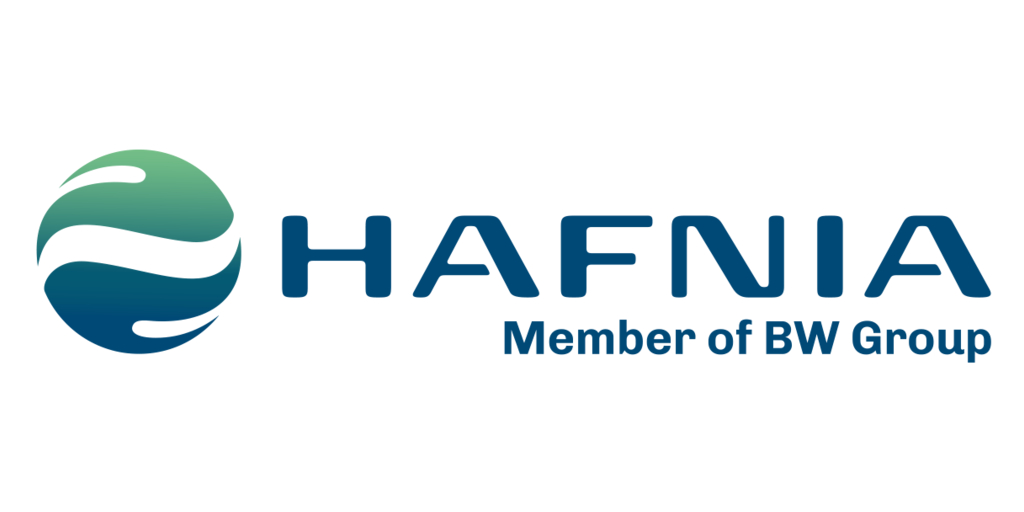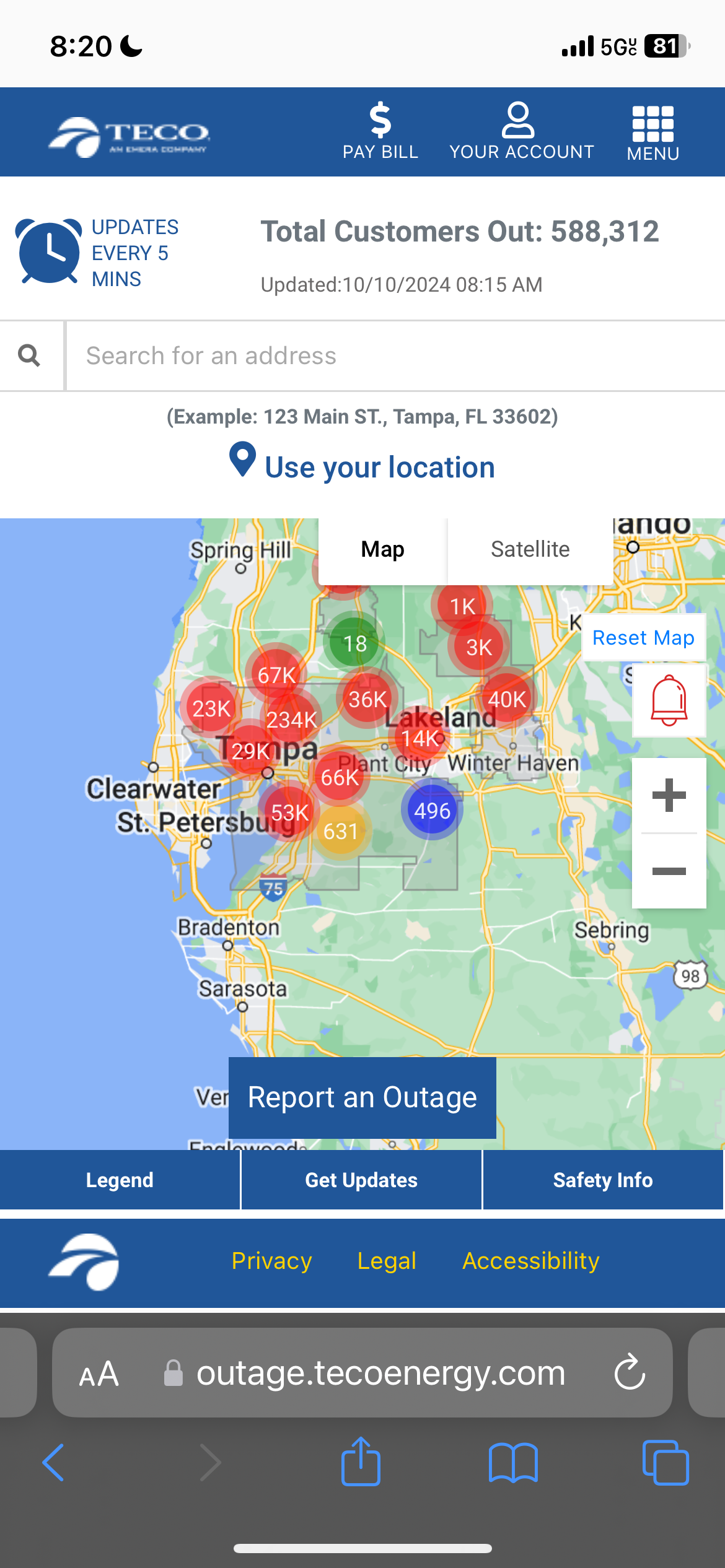WHEATON, Ill.–(BUSINESS WIRE)–First Trust Energy Infrastructure Fund (the “Fund”) (NYSE: FIF) has declared its final common share distribution, payable on May 2, 2024, to shareholders of record as of April 29, 2024. The ex-dividend date is expected to be April 26, 2024. The per share rate is expected to be announced on April 24, 2024.
The distribution will be paid entirely in cash, with no option for dividend reinvestment.
The Fund’s Board of Trustees has approved a managed distribution policy for the Fund (the “Plan”) in reliance on exemptive relief received from the Securities and Exchange Commission which permits the Fund to make periodic distributions of long-term capital gains as frequently as monthly each tax year. A portion of this monthly distribution may include long-term capital gains. This may result in a reduction of the long-term capital gain distribution necessary at year end by distributing long-term capital gains throughout the year. The annual distribution rate is independent of the Fund’s performance during any particular period. Accordingly, you should not draw any conclusions about the Fund’s investment performance from the amount of any distribution or from the terms of the Plan.
This distribution will consist of net investment income earned by the Fund and return of capital and may also consist of net short-term realized capital gains. The final determination of the source and tax status of all distributions paid in 2024 will be made after the end of 2024 and will be provided on Form 1099-DIV.
The Fund is a non-diversified, closed-end management investment company that seeks to provide a high level of total return with an emphasis on current distributions paid to shareholders. The Fund seeks to achieve its investment objectives by investing primarily in securities of companies engaged in the energy infrastructure sector. These companies principally include publicly-traded master limited partnerships (“MLPs”) and limited liability companies taxed as partnerships, MLP affiliates, YieldCos, pipeline companies, utilities, and other companies that derive at least 50% of their revenues from operating or providing services in support of infrastructure assets such as pipelines, power transmission and petroleum and natural gas storage in the petroleum, natural gas and power generation industries (collectively, “Energy Infrastructure Companies”). To generate additional income, the Fund expects to write (or sell) covered call options on up to 35% of the managed assets held in the Fund’s portfolio.
First Trust Advisors L.P. (“FTA”) is a federally registered investment advisor and serves as the Fund’s investment advisor. FTA and its affiliate First Trust Portfolios L.P. (“FTP”), a FINRA registered broker-dealer, are privately-held companies that provide a variety of investment services. FTA has collective assets under management or supervision of approximately $226 billion as of March 28, 2024 through unit investment trusts, exchange-traded funds, closed-end funds, mutual funds and separate managed accounts. FTA is the supervisor of the First Trust unit investment trusts, while FTP is the sponsor. FTP is also a distributor of mutual fund shares and exchange-traded fund creation units. FTA and FTP are based in Wheaton, Illinois.
Energy Income Partners, LLC (“EIP”) serves as the Fund’s investment sub-advisor and provides advisory services to a number of investment companies and partnerships for the purpose of investing in energy, utility and other energy infrastructure securities. EIP is one of the early investment advisors specializing in this area. As of March 31, 2024, EIP managed or supervised approximately $5.4 billion in client assets.
Principal Risk Factors: Risks are inherent in all investing. Certain risks applicable to the Fund are identified below, which includes the risk that you could lose some or all of your investment in the Fund. The principal risks of investing in the Fund are spelled out in the Fund’s annual shareholder reports. The order of the below risk factors does not indicate the significance of any particular risk factor. The Fund also files reports, proxy statements and other information that is available for review.
Past performance is no assurance of future results. Investment return and market value of an investment in the Fund will fluctuate. Shares, when sold, may be worth more or less than their original cost. There can be no assurance that the Fund’s investment objectives will be achieved. The Fund may not be appropriate for all investors.
The Fund is subject to risks, including the fact that it is a non-diversified closed-end management investment company.
Market risk is the risk that a particular investment, or shares of a fund in general may fall in value. Investments held by the Fund are subject to market fluctuations caused by real or perceived adverse economic conditions, political events, regulatory factors or market developments, changes in interest rates and perceived trends in securities prices. Shares of a fund could decline in value or underperform other investments as a result. In addition, local, regional or global events such as war, acts of terrorism, market manipulation, government defaults, government shutdowns, regulatory actions, political changes, diplomatic developments, the imposition of sanctions and other similar measures, spread of infectious disease or other public health issues, recessions, natural disasters or other events could have significant negative impact on a fund and its investments.
Current market conditions risk is the risk that a particular investment, or shares of the fund in general, may fall in value due to current market conditions. As a means to fight inflation, the Federal Reserve and certain foreign central banks have raised interest rates and expect to continue to do so, and the Federal Reserve has announced that it intends to reverse previously implemented quantitative easing. Recent and potential future bank failures could result in disruption to the broader banking industry or markets generally and reduce confidence in financial institutions and the economy as a whole, which may also heighten market volatility and reduce liquidity. Ongoing armed conflicts between Russia and Ukraine in Europe and among Israel, Hamas and other militant groups in the Middle East, have caused and could continue to cause significant market disruptions and volatility within the markets in Russia, Europe, the Middle East and the United States. The hostilities and sanctions resulting from those hostilities have and could continue to have a significant impact on certain fund investments as well as fund performance and liquidity. The COVID-19 global pandemic, or any future public health crisis, and the ensuing policies enacted by governments and central banks have caused and may continue to cause significant volatility and uncertainty in global financial markets, negatively impacting global growth prospects.
Because the Fund is concentrated in securities issued by energy infrastructure companies, it will be more susceptible to adverse economic or regulatory occurrences affecting that industry, including high interest costs, high leverage costs, the effects of economic slowdown, surplus capacity, increased competition, uncertainties concerning the availability of fuel at reasonable prices, the effects of energy conservation policies and other factors. Investments in securities of MLPs involve certain risks different from or in addition to the risks of investing in common stocks. The number of energy-related MLPs has declined since 2014. The industry is witnessing the consolidation or simplification of corporate structures where the MLP sleeve of capital is being eliminated. As a result of the foregoing, the Fund’s MLP investments could become less diverse and the Fund may increase its non-MLP investments consistent with its investment objective and policies. Changes in tax laws or regulations, or interpretations thereof in the future, could adversely affect the Fund or the MLPs, MLP-related entities and other energy sector and energy utility companies in which the Fund invests.
The Fund invests in securities of non-U.S. issuers which are subject to higher volatility than securities of U.S. issuers. Because the Fund invests in non-U.S. securities, you may lose money if the local currency of a non-U.S. market depreciates against the U.S. dollar.
There can be no assurance as to what portion of the distributions paid to the Fund’s Common Shareholders will consist of tax-advantaged qualified dividend income.
To the extent a fund invests in floating or variable rate obligations that use the London Interbank Offered Rate (“LIBOR”) as a reference interest rate, it is subject to LIBOR Risk. LIBOR has ceased to be made available as a reference rate and there is no assurance that any alternative reference rate, including the Secured Overnight Financing Rate (“SOFR”), will be similar to or produce the same value or economic equivalence as LIBOR. The unavailability or replacement of LIBOR may affect the value, liquidity or return on certain fund investments and may result in costs incurred in connection with closing out positions and entering into new trades. Any potential effects of the transition away from LIBOR on a fund or on certain instruments in which a fund invests is difficult to predict and could result in losses to the fund.
As the writer (seller) of a call option, the Fund forgoes, during the life of the option, the opportunity to profit from increases in the market value of the portfolio security covering the option above the sum of the premium and the strike price of the call option but retains the risk of loss should the price of the underlying security decline. The value of call options written by the Fund may be adversely affected if the market for the option is reduced or becomes illiquid. There can be no assurance that a liquid market will exist when the Fund seeks to close out an option position.
If short-term interest rates are lower than the Fund’s fixed rate of payment on an interest rate swap, the swap will reduce common share net earnings. In addition, a default by the counterparty to a swap transaction could also negatively impact the performance of the common shares.
Use of leverage can result in additional risk and cost, and can magnify the effect of any losses.
The risks of investing in the Fund are spelled out in the shareholder reports and other regulatory filings.
The information presented is not intended to constitute an investment recommendation for, or advice to, any specific person. By providing this information, First Trust is not undertaking to give advice in any fiduciary capacity within the meaning of ERISA, the Internal Revenue Code or any other regulatory framework. Financial professionals are responsible for evaluating investment risks independently and for exercising independent judgment in determining whether investments are appropriate for their clients.
The Fund’s daily closing New York Stock Exchange price and net asset value per share as well as other information can be found at https://www.ftportfolios.com or by calling 1-800-988-5891.
Contacts
Press Inquiries, Ryan Issakainen, 630-765-8689
Analyst Inquiries, Jeff Margolin, 630-915-6784
Broker Inquiries, Sales Team, 866-848-9727





